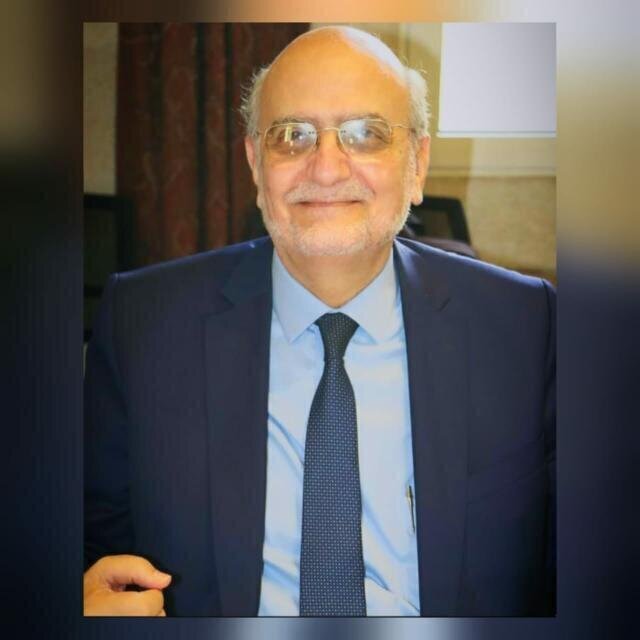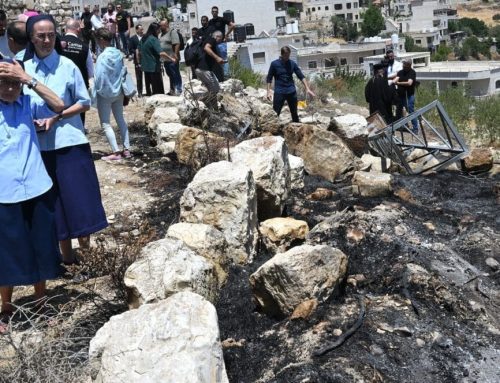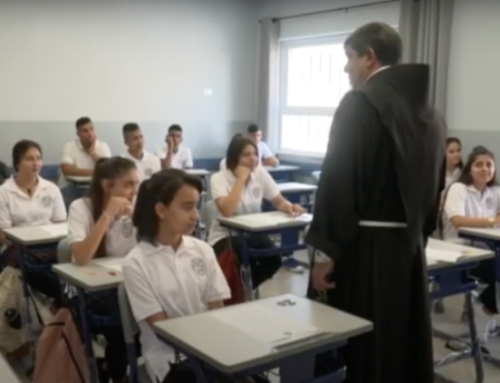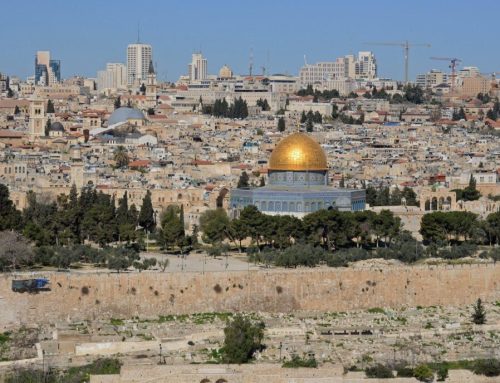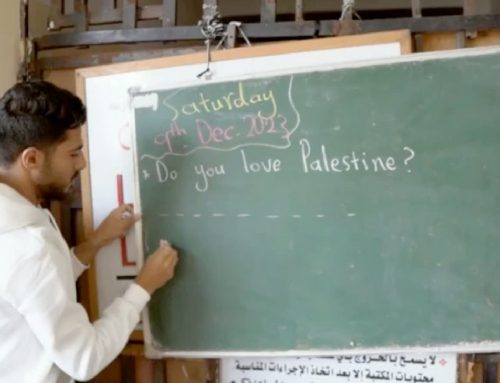Last week ended with the impact of important decisions in the history of the Middle East Council of Churches, taken by the Executive Committee in its meeting held on Friday 17 and Saturday 18 November of the year 2023, that is, the last year of the first half century of the Council’s life. It is the last meeting before the MECC crosses the threshold of fifty.
The meeting was held in very difficult circumstances in the Middle East region, which is plagued by crises from all sides.
Occupied Palestine, under the fire of devastating bombardment that destroys souls and stones in the most horrific war of genocide and ethnic cleansing the world has ever seen. Lebanon is suffering under a series of crises at all levels: social, economic, political and legislative. Its south is being burned by bombing fire and part of its people has been displaced, and its fate as a nation and entity is up in the air. Syria is torn apart, parts of it are occupied, and its economic conditions are very difficult. Iraq is also torn, its wealth is being wasted, and it lacks stability. Cyprus is still divided and refugees are arriving in large numbers. Sudan is burning with the fire of war. All of these societies are witnessing an unprecedented exodus of their talents and labor force, as if the intention was to empty the region of its people and capabilities. All of this must be a prelude to a stage that does not bode well, despite our clinging to hope and looking forward to a better tomorrow.
In the face of these situations, the Church cannot stand idly by, as it is making every effort through its various institutions to extend a helping hand to the affected groups, including those who have reached the point of misery. But the Church’s capabilities are limited, as it is not a state, and it does not claim to replace the state, whose vacuum cannot be filled by any institution. The Church is working with all its might to heal the wounds and bear witness to the truth that liberates.
In this stormy atmosphere, the Church of Christ met in the Middle East Council of Churches, within its Executive Committee, and took crucial decisions regarding the joint Christian, ecumenical work that the Council embodies.
The Executive Committee listened to the reports of the General Secretariat, departments and divisions, and witnessed the diligent work carried out by a faithful team, small in number but great in its faith, capabilities and achievements. The Council is present everywhere, as the situation requires its presence, within the available resources, with high performance and high professionalism, which called for praise and congratulations from the members of the Executive Committee.
There have been decisions regarding basic administrative appointments, and strategic decisions have been taken that are critical to the history and future of the MECC.
In the organizational administrative field, the Executive Committee took decisions to approve all the internal regulations and policies of the Council proposed by the work team, which are related to the workflow and work relations, such as Conflicts of Interest, Job Descriptions, Recruitment and Selection policy, Integration and Orientation of new employees, Performance management, Whistleblowing, and other human resources management policies, including what is new and what has been updated. The general system of employee work was also reviewed such as the Code of Conduct, the Anti- Corruption and Anti-Fraud, the policy for protecting against harassment (PSEAH), the accountability policy, and the Employee Handbook were updated.
It goes without saying that the Council has been working until today according to advanced systems, but the progress achieved in the world of management, human resources and organization requires continuous updating of work policies and adding new dimensions to them.
In a related context, the Executive Committee approved the internal regulations of the Department for Service to Palestinian Refugees, which were updated in order to emulate the developments taking place in the work of the department and in the work of the Council, and to provide better compatibility between the dynamism of the Department and the Council’s regulations. The two main things that were added to the department’s regulations are: first, writing procedures to implement these regulations, and second, the necessity of evaluating these regulations system after a period of putting them into practice.
The Executive Committee also discussed the program developed by the Specialized Committee and the MECC team for the fiftieth year of the founding of the Council; it was approved and its implementation will start at the beginning of next year knowing that it will be launched during the Week of Prayer for Unity in addition to an Ecumenical Musical Event that is being prepared. The Council’s fiftieth year will be a year of intellectual interaction that includes evaluating the Council’s performance over the past decades and proposing future aspirations for its work. It is an occasion to renew trends and give work a new impetus based on the achievements and lessons learned from the past.
Since the MECC works in an eventful region, whose people have suffered greatly for centuries, it was necessary for it to stop in the face of some of the suffering of the groups of which this area is composed.
At the invitation of the Secretary-General, lecturers participated in part of the meeting who spoke about the genocide in Anatolia and the Hagia Sophia Church, the Armenian genocide and the Artsakh tragedy, Sayfo or the Syriac massacres, Kafno or the Great Famine in Lebanon, Palestine and the Gaza war in particular.
The five specialists have provided important and basic data about all these tragedies that the peoples of the region have gone through and are going through. It is foreseen that they will form a think-tank to reflect about massacres and exterminations. It is also expected and hoped that they will develop a working paper in this context in order to approach international organizations and present a policy document regarding crimes committed against peoples, the perpetrators of which go unaccounted for.
Once again, the Middle East Council of Churches proves that it is an organization with high vitality and the ability for renewal, which places it in a highly functional interaction with its surroundings, giving it the ability to renew itself in a rapidly changing and demanding world.
The second part of the first century of the MECC’s existence will be a promising stage for common Christian ecumenical life, as well as for interaction with all components of our societies and dealing with their needs and aspirations.
I must conclude this article with the theme that the Council adopted regarding the year of the fiftieth anniversary of its founding, which we quote from the Acts of the Apostles:
2 And when the feast of Pentecost came, they were all gathered together in one place. 2 Then, behold, a sound came from heaven, like a violent wind blowing, and it filled every part of the house in which they were sitting. 3 And behold, tongues like fire appeared among them, and were distributed among each one of them. 4 Then they were all filled with the Holy Spirit, and began to speak in other languages, just as the Spirit enabled them to speak.
Dr. Michel E. Abs

